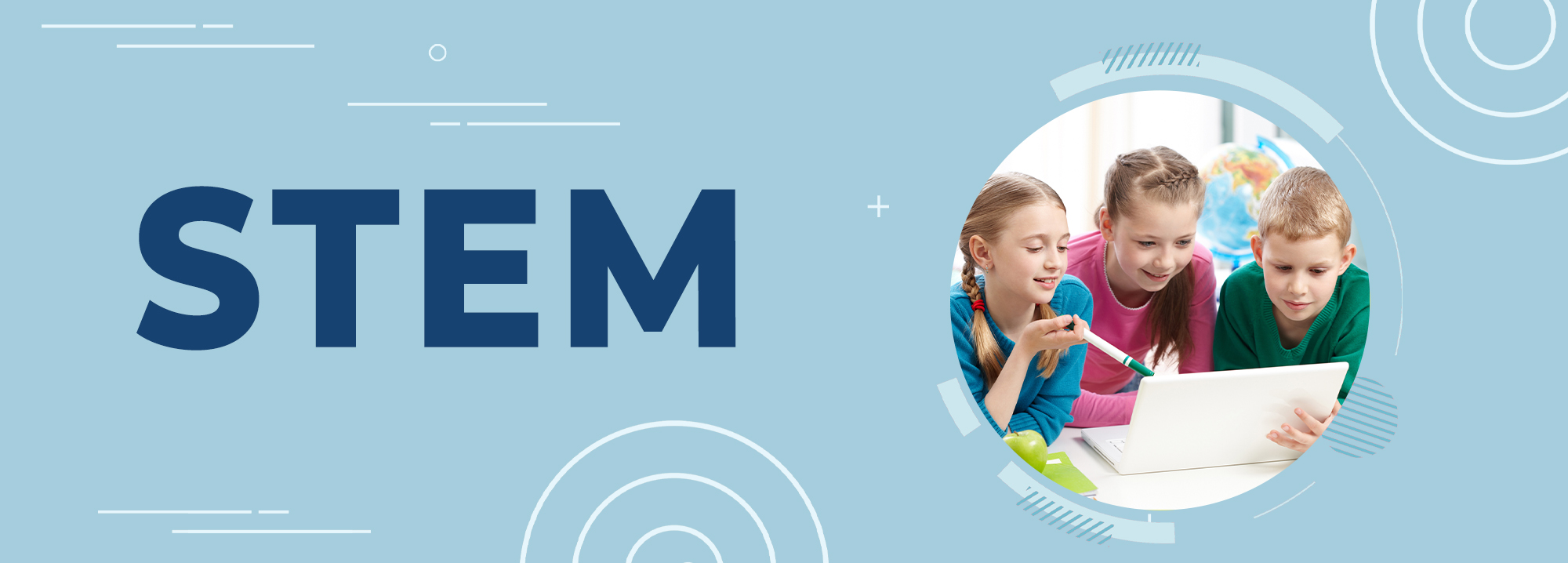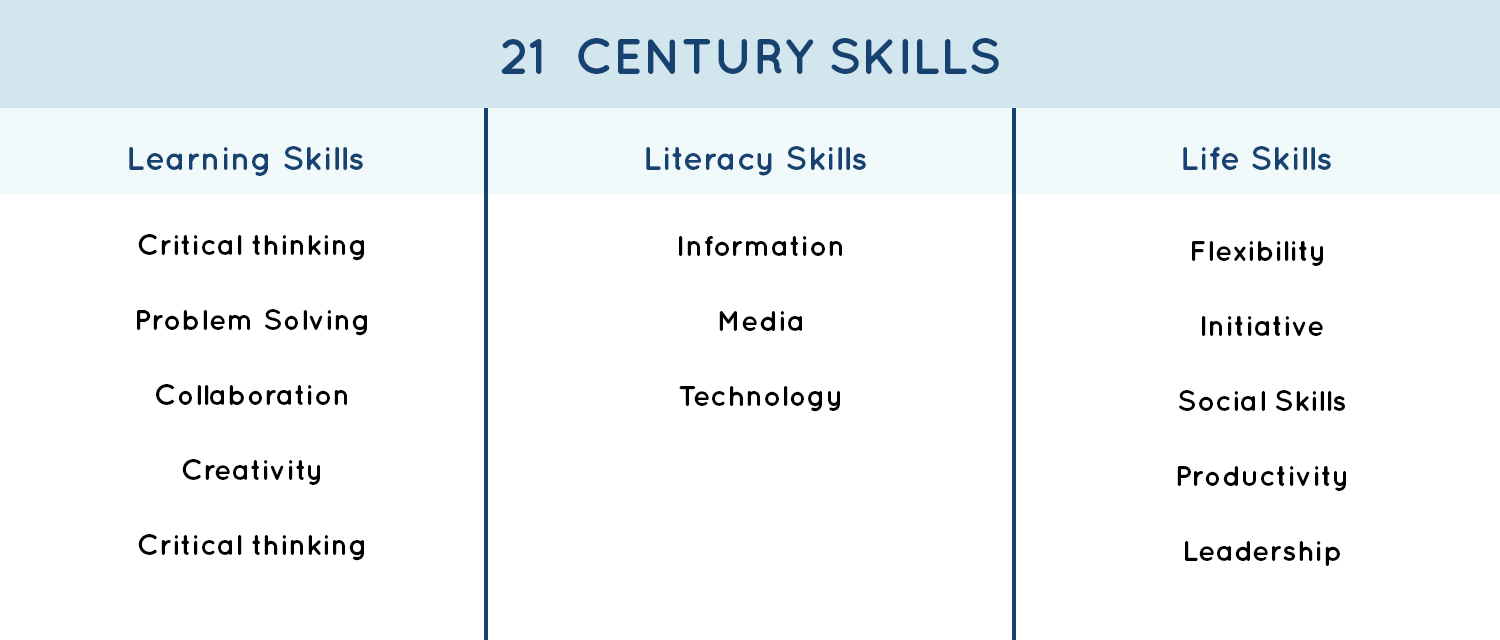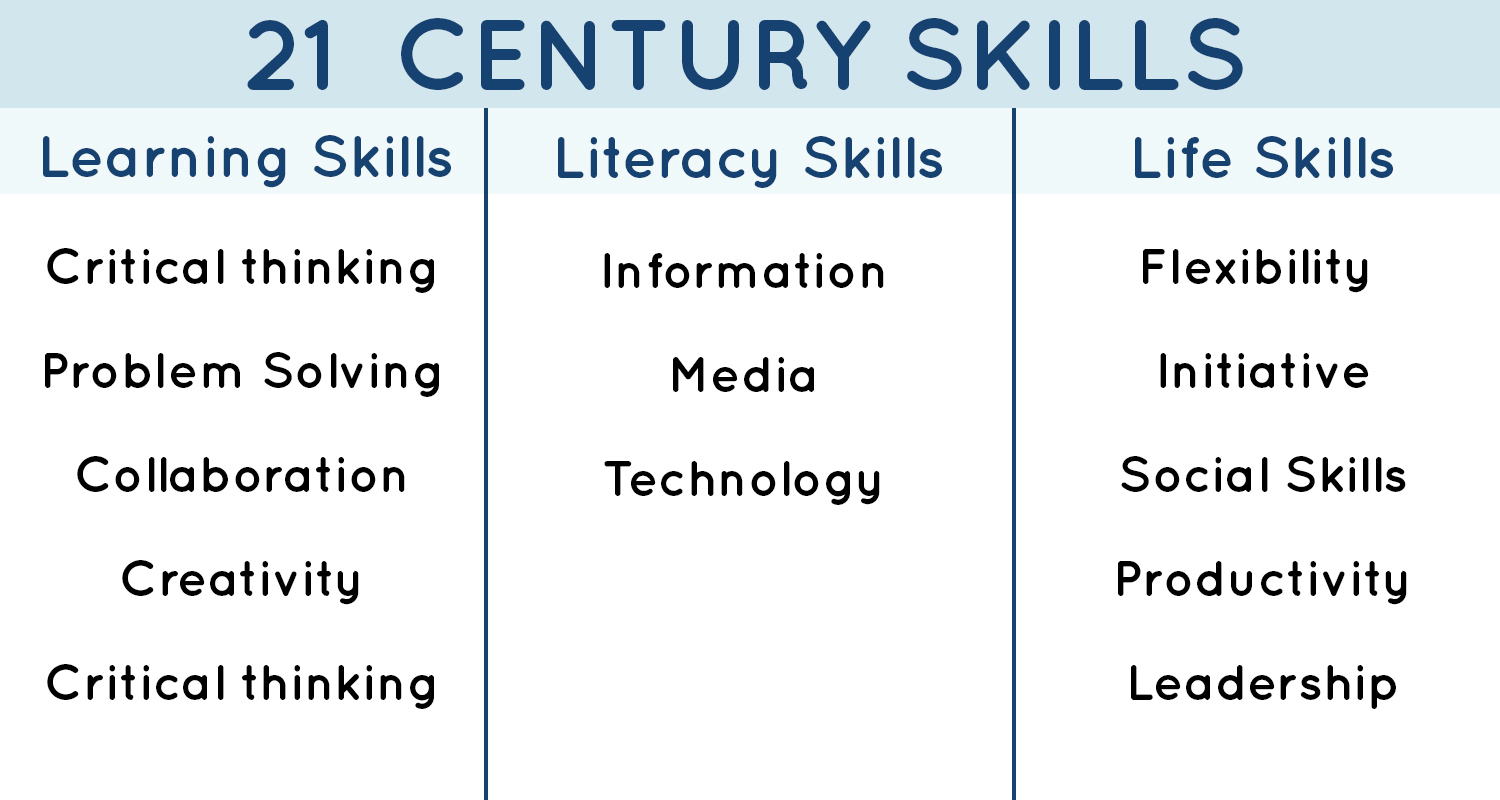

It all started off in 2001 when a group of science administrators at the U.S National Service Foundation (NSF) introduced the acronym STEM. The organization previously used SMET when referring to careers in science, mathematics, engineering and technology as well as a curriculum that integrated knowledge and skills from these fields. Judith Ramaley, an American biologist and Assistant Director Education at NSF rearranged the words in SMET and coined the term STEM in 2001.
WHAT IS STEM?
If you ask anyone what does STEM mean some will be able to answer that STEM is the acronym for Science, Technology, Engineering & Mathematics. But beyond that it becomes slightly fuzzy and confusing to comprehend what it actually is.
In simple words STEM is an approach. It’s an interdisciplinary educational approach to teach kids on how to apply classroom knowledge to real world problems. The goal is rather than teaching these four disciplines as separate subjects, STEM integrates them into a cohesive learning concept.
This new approach has now caught up in school systems as well. A couple of years ago STEM was not commonly heard of but with the advancement in technology, new studies and reports estimating that ‘65% of children entering primary school today will ultimately end up working in completely new job types that don’t yet exist’ the need feels realistic.
PURPOSE OF STEM
Some might argue that STEM is a fancy word for understanding scientific observations. But that is not the case. Countries are now investing millions in STEM integrated curriculums. Recently we have seen STEM based schools popping up. The purpose is vivid. It’s to make our children thinkers of tomorrow, have them understand how to solve real world problems and are equipped with the 21st century skills.
21st CENTURY SKILLS
The 21st century skills are 12 skills which have been identified by experts at P21 and are divided into three categories:


Learning & Innovation Skills are also called the ‘4C’s’. They teach kids on how to prepare and adapt to the modern life and work environments.
Literacy Skills focus on differentiating between false and trustworthy sources, publishing outlets, understanding the rapid changes in technology and ability to collaborate as well as make individual contributions as well.
Life & Career Skills are inclined more towards the personal and professional qualities.
If you have a close look at these skills you will see all of them are unique in their own characteristics, but they have the same goal.
To help our students and workers succeed in today’s fast paced information age.

Schools and educationists are changing our classroom structure’s now which are more in line with these skills. You can’t create problem solvers, critical thinkers, leaders if you are still using old school teaching techniques. This is why STEM and the 21st century skills go hand in hand.
It’s important to start teaching these skills at a young age. At school more hands-on activities are being introduced in the curriculum so that students feel encouraged to ask questions, look at the problem with a wider and different angle and are able to come with creative solutions.
Same skills and techniques can be adapted at home as well. If you’re a parent or caregiver, then you can also instil these skills in your children starting from a young age. There is ample information and resources available on the internet. Apart from schools, many start up’s have also started offering STEM based activities through robotics, coding and much more.
ORGANIZATIONS & STEM
Our world is changing (whether we like or not) due to many reasons and our future generation will have to work in situations, jobs which most likely do not exist (yet). To prepare the future workforce some organizations have also realized their social responsibilities and are contributing to STEM as well.
NASA, for instance, has launched the NASA Stem Engagement program which aims towards creating a diverse STEM workforce so that students from all backgrounds get to make their contribution to NASA’s work. They work with NASA employees and content so that they have learning opportunities which will spark interest towards NASA’s mission and vision.
Microsoft founded the TEALS (Technology Education and Literacy in Schools) program in 2009. The goal was to address the STEM gap and to partner with high schools in the U.S to increase student access to computer science education.
There are many other examples as well which all indicate that a support system is being intelligently designed by researchers, educators, policy makers, tech leaders and parents for our children.
STEM EDUCATION IN PAKISTAN
The concept of STEM is now catching up in developing countries such as Pakistan as well. In June 2019, the Federal Minister for Science and Technology started the STEM school project with the goal of bringing the government schools to the standard of the private schooling systems. Recently, 453 government schools have been identified as STEM schools.
Apart from the public sector private schools are also investing in STEM integrated curriculums. STEM labs are being developed in schools so that students can become problem solvers, innovators and exhibit other 21st century skills so as to enable them to fully participate in the global economy as well.
One of the most encouraging factors is that researchers, engineers, curricula developers and many more who have excelled in their respective fields and also know the importance of STEM are contributing their part to the society and have started their own initiatives as well. These STEM based organizations are creating public awareness, understanding and literacy on how these skills can be incorporated into our future generation’s daily life.
CONCLUSION
So, is STEM education worth it?
Absolutely yes.
It’s something that is out there and we can’t deny it. The earlier we realize its significance the quicker we can start preparing our children for the future.
Leave your views below and let us know if STEM Education is worth investing into?

It is the need of this era. We acknowledged the forward step will be more beneficial to educate our kids for a better future.